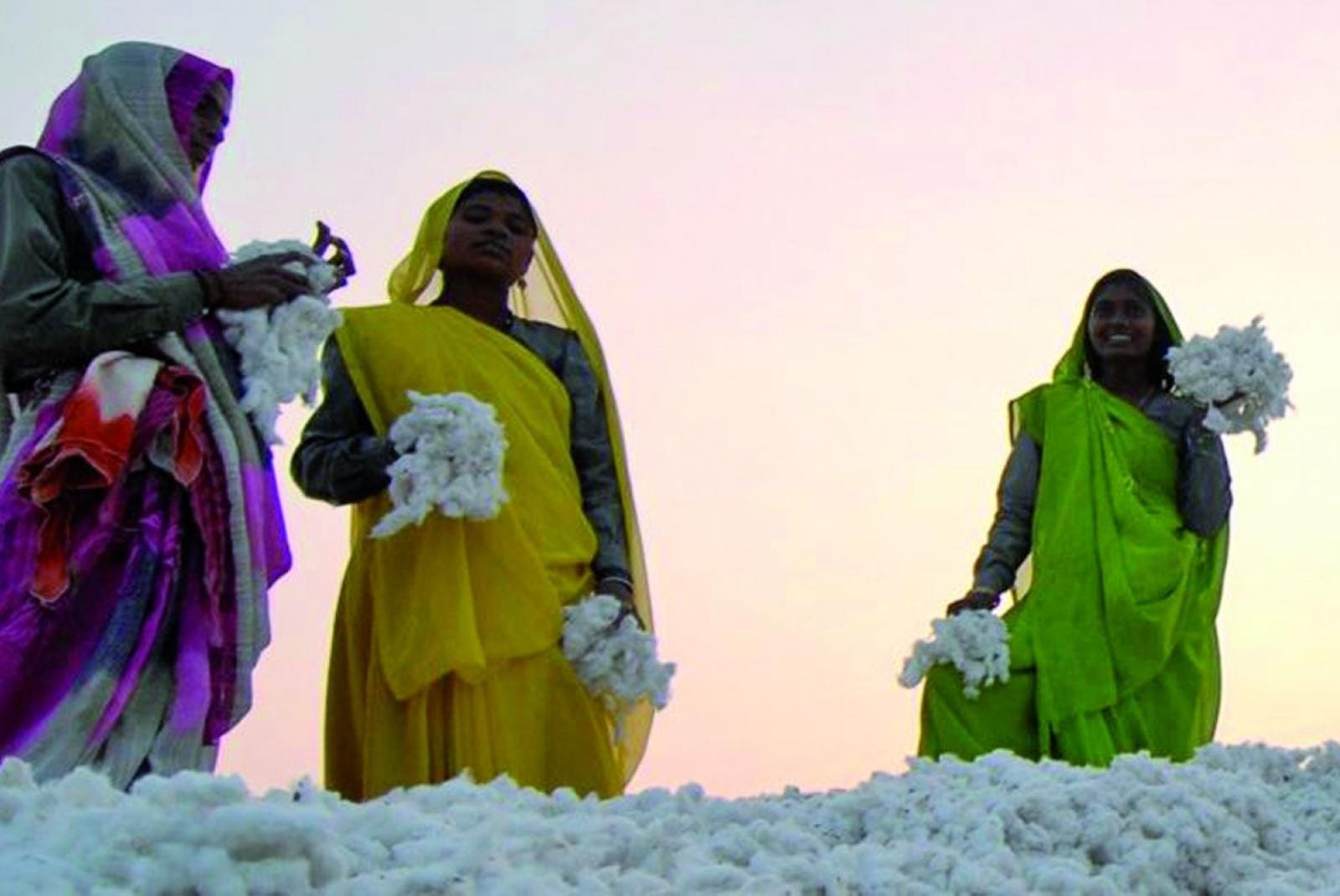
Work Ethic
The metaphor of turning dust to Gold can be mastered by few. Commitment, Dedication and Passion being the basic ingredients of the recipe.
It all began in the commercial capital of modern India – Bombay, now Mumbai, where a visionary Mr. Chandrakant M Parekh saw opportunity in cotton and weaved a dream of becoming a successful businessman. 30 years since then, the dream has been spinning it’s magic year after year. The Parekh Group is now one of the largest trading houses in Southern India. The Company buys & sells all kinds of Cotton / Polyester / Polyester Viscose / Denim & other Synthetic wastes. The operations started out with Cotton and inspite of flooding of other quality synthetic fibers, the Parekh Group today, has become a major supplier of cotton & cotton wastes. An almost endless list of satisfied clients stand testimony to the Company’s unflinching passion to provide quality products.
This happens under the able leadership of Mr. Premal Parekh, the Managing Director of the Company, who handles the entire operations of the plant and ensures smooth & efficient functioning. With his experience & guidance the Company has spread its wings to other states in India like Parekh Textiles – Hyderabad, Parekh Enterprises – Nagpur, Parekh Corporation – Coimbatore & Aggarwal Enterprises – Panipat.
The Parekh Group has integrated sustainability into the business since the year 2000. We have been focused on prevention and control of water wastage and air, noise & land pollution. To create a road map for this initiative, we have developed the “Parekh Environmental Sustainability Directions” for the Group. The Parekh Group strives to minimize the negative impact on the environment by applying innovative thinking to every step of the manufacturing process. Building eco-friendly practices in daily processes is a part of our culture. This culture inspires us to try to make more from fewer resources and minimise waste in every form. We attempt to contribute to a better environment by reducing water consumption, minimising wastage & using renewable energy resources over conventional ones.

